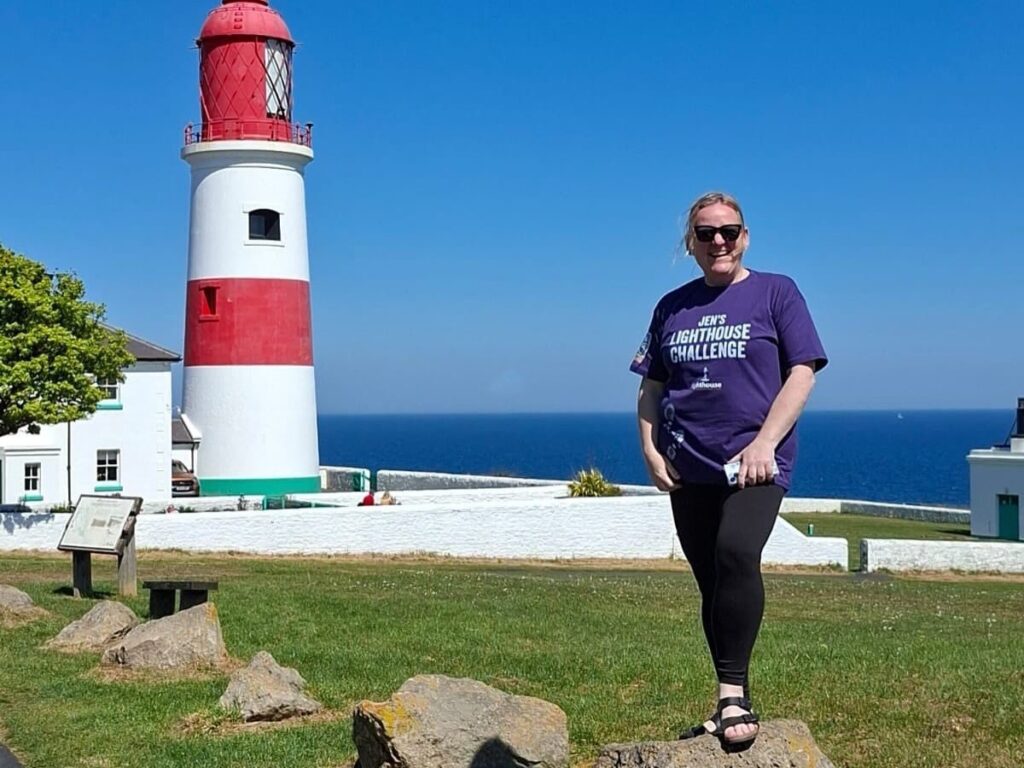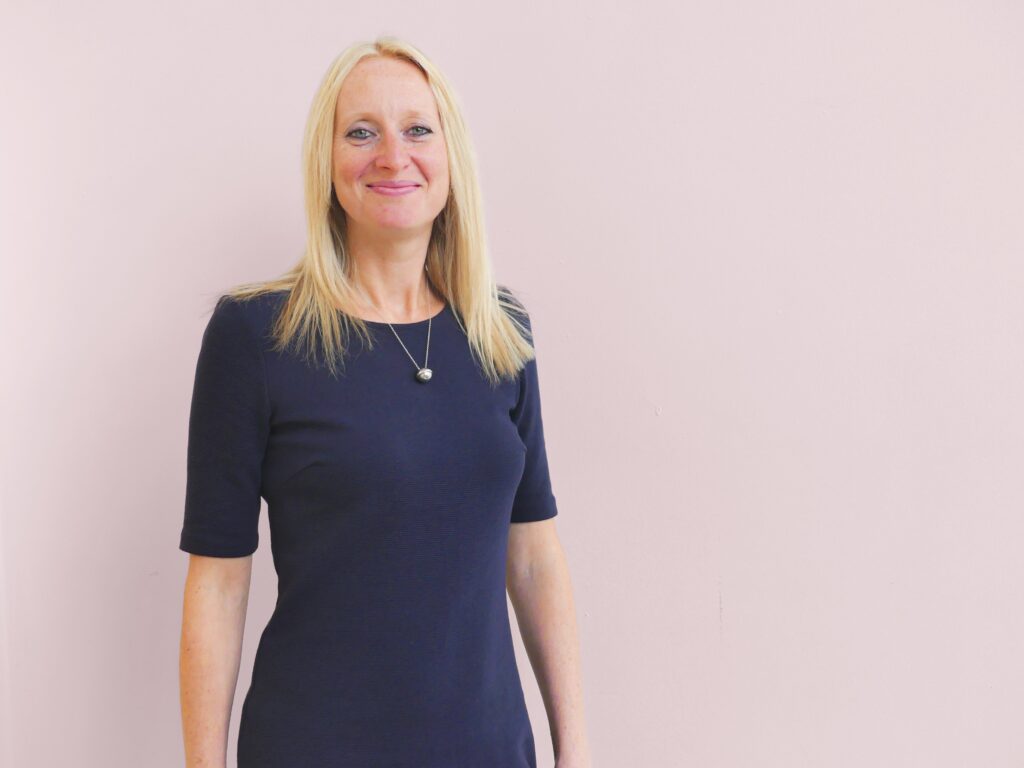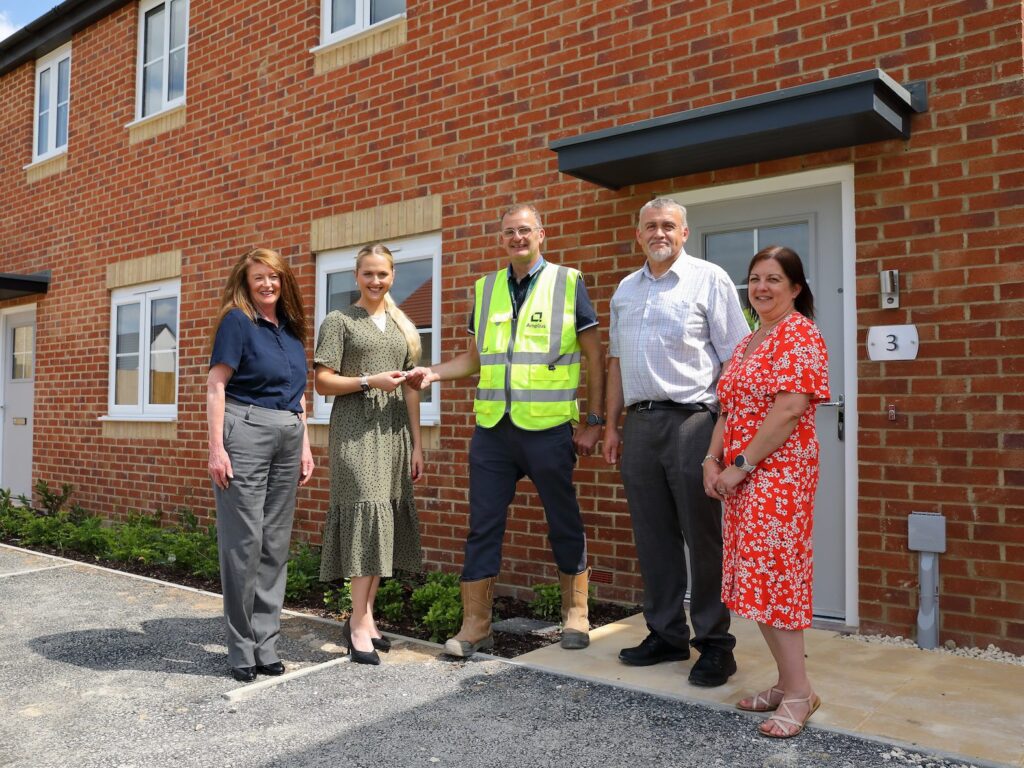Jennifer Winyard, National Chair for Women in Property, recently appeared at Showhome Live to discuss the important work they are doing to help women in the construction industry
Can you tell us about your journey to becoming the National Chair of Women in Property?
I began my journey with a degree in architecture at Newcastle University. However, midway through my training, I opted to take a year out and gained practical experience. During this time, I found myself drawn to the field of planning, which seemed more aligned with my interests and strengths. Consequently, I pursued a master’s degree in town planning to delve deeper into this area.
Upon completing my master’s, I contemplated transitioning into urban design. This led me to seek opportunities with urban design and planning consultancies, eventually landing a position at Turley in Leeds, where I spent several years. As a town planning consultant, my focus primarily revolved around retail, tourism, and commercial development projects.
After about six or seven years in the field, I felt the urge to diversify my expertise. This led me to explore opportunities in strategic land management within the realm of house building. Recognising the potential for growth and learning, I seized the chance to hone my skills in residential development and land acquisition.
Over the past decade, I’ve immersed myself in the house building industry, leveraging my planning background alongside becoming a chartered surveyor. My journey has encompassed various roles within the sector, from planning consultant to land buyer, allowing me to continually evolve and expand my skill set.
What would you say have been some of the standout moments for you over the last decade?
For the past 17 years, I’ve been actively involved with Women in Property. Upon relocating to Leeds, I found myself in a new area and sought opportunities to connect with others and enhance my professional endeavors. Given that my work involved securing planning projects, it seemed fitting to engage in extracurricular activities.
Throughout my tenure, I’ve dedicated myself to the Yorkton and Northwest Committee, assuming various roles over the years. From organising flagship events to serving as a Student Awards ambassador and mentoring advocate, I’ve been deeply engaged in advancing the organisation’s mission.
In 2014, I assumed the role of regional chair, expanding my impact within the organisation. This led to a national role in 2019, spearheading the Student Awards program on a broader scale. Last year, I took on the position of National Vice Chair, where I played a pivotal role in launching the People Innovation and Place Summit. Additionally, I’ve provided invaluable support to the national chair in steering the organisation forward.
What inspired you to take on this leadership role with the Women in Property Association?
Volunteering for the organisation has always been a passion of mine. Taking the helm of the Student Awards program in 2019 was particularly fulfilling, as it allowed me to actively advocate for young individuals entering the property industry. My journey began with extensive involvement in our education road show program, now known as our outreach initiative. As national chair, I’m particularly invested in driving progress in outreach, student awards, and mentoring endeavours.
Could you tell us more about Women in Property and the role of National Chair?
The primary responsibility of the national chair is to serve as the voice of the organisation, while also fostering collaboration among branches to facilitate events and support various initiatives. With a history spanning 37 years, our organisation has consistently aimed to enhance gender balance, with a recent emphasis on broader inclusion encompassing gender, ethnicity, and social mobility.
Our focus extends across multiple areas, including our esteemed student awards program, our distinctive mentoring initiative, and our outreach efforts. Additionally, our branches play a pivotal role in organising a diverse array of events, ranging from CPD-accredited sessions covering technical and transferable skills to site visits and workshops aimed at personal development and confidence-building.
What are some of the initiatives or programmes that women in property has implemented or is going to implement to improve gender imbalance?
I believe I’ve covered aspects of outreach, student awards, and mentoring. Our mentoring initiative, which has been operational since 2002, has seen significant success, having trained hundreds of individuals through the program. Currently, we boast a hundred trained participants, and we are continuously seeking new mentors due to the program’s popularity. Notably, our approach of matching female mentors with female mentees remains unique within the property and construction sector.
Is that scheme that you’ve just mentioned a scheme that you yourself went through and benefited from?
A few years back, I underwent the training and subsequently served as a mentoring ambassador in Yorkshire for a five-year period. During this time, I actively contributed to the mapping process, which proved to be a fascinating experience. Through the program, I’ve had the privilege of mentoring numerous young women, drawing from my own experiences. Interestingly, I’ve also been mentored myself, a pivotal factor in my career trajectory, particularly when transitioning from planning consultancy to house building.
Reflecting on this transition, I must credit my mentor for providing invaluable support. Without her guidance, I doubt I would have had the confidence to make such a significant career shift. It felt like I was embarking on a journey where half the terrain was entirely new to me. Her mentorship not only bolstered my confidence but also instilled a sense of self-belief that proved invaluable.
One of the greatest advantages was having someone external to my workplace, with whom I could openly discuss challenges and strategise a path forward. This external perspective allowed for candid conversations about the hurdles I faced and how best to navigate them.
How do you think more women can be attracted into the industry?
A significant aspect lies in engaging younger individuals and familiarising them with the built environment comprehensively. Often, young people, even upon entering university, lack awareness of the diverse array of roles available within specific sectors. Reflecting on my own journey, I initially pursued architecture, a field widely understood by most. However, the realm of planning consultancy remained relatively obscure to me until I embarked on my university studies. It wasn’t until I immersed myself in planning consultancy, particularly working with house builders, that I grasped the multitude of roles available within the sector, including planning and surveying roles.
The house building sector, in particular, offers a plethora of career opportunities, yet these possibilities often remain underappreciated. By amplifying awareness and highlighting the various roles within the sector, we can inspire more individuals to explore these avenues. This is where outreach initiatives play a pivotal role. Women in Property, for instance, is actively enhancing its outreach efforts this year. Regional branch chairs are spearheading initiatives to engage with communities, and businesses themselves can also contribute significantly.
An illustrative example of this outreach effort is our recent collaboration with Barrett’s, where we engaged with 14- and 15-year-olds. Through hands-on activities, such as recreating a housing scheme layout, we aimed to provide insight into our industry and the skills required. This interactive approach sparked positive conversations and offered invaluable exposure to career possibilities that these individuals might not have otherwise considered.
What advice would you offer to young women aspiring to pursue careers in the property industry?
Expanding your network early on, even during university, is crucial. Your network can facilitate securing work placements and connecting you with mentors, a vital aspect I previously highlighted. Throughout your career journey, from the initial stages to mid-career and even as you near retirement, having a robust network remains essential. These connections serve as invaluable sounding boards, offering perspectives from other women who may have encountered similar challenges. Don’t hesitate to seek advice, ask questions, and persist in your pursuit of growth and development.
Read more news and exclusive features in our latest issue here.
Never miss a story… Follow us on:
Showhome
@Your_Show_Home
@Showhomemag
Media Contact
Joseph Clarke
Editor, Showhome
Tel: +44 (0) 1622 823 920
Email: [email protected]











